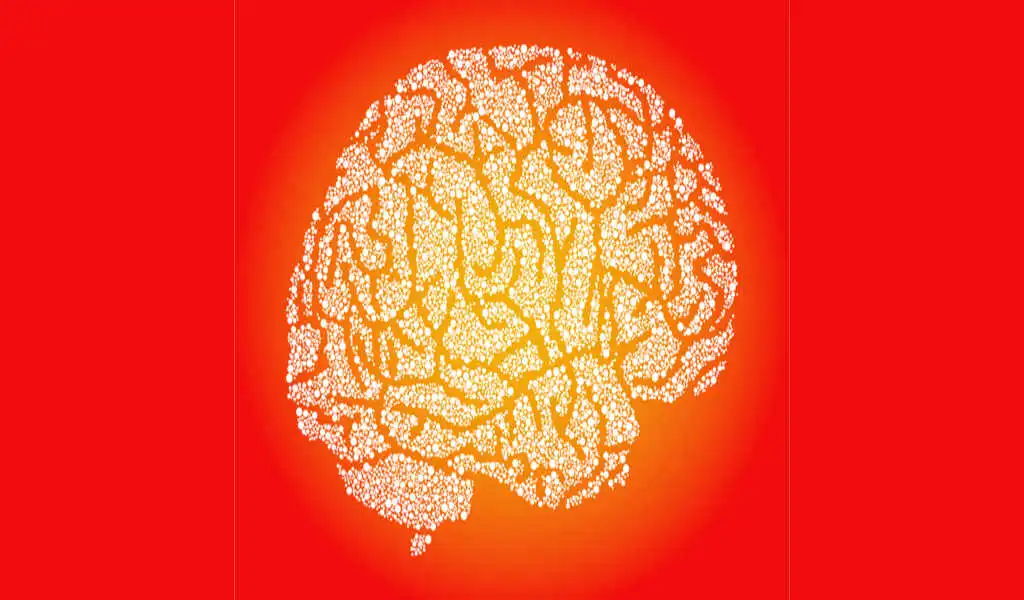Health
Depression May Be Easier To Treat Thanks To Magnetic Stimulation On The Brain

(CTN News) – Some people experience relief from depression symptoms when their brains are stimulated with magnetic fields, but scientists are not certain why. The process reverses brain signals that are pointing in the wrong direction, according to a recent study.
In the future, these neural streams with incorrect directions may also be useful for diagnosing depression, according to the researchers.
Known officially as Transcranial Magnetic Stimulation (TMS), this treatment is non-invasive, can be customized to meet the needs of each individual, and has been approved by regulatory agencies. In order to improve TMS further, it will be necessary to determine exactly how it works.
According to psychiatrist and behavioral scientist Anish Mitra of Stanford University in California, TMS is hypothesized to affect neural activity in the brain. However, I must admit that I was sceptical. I wanted to see how it performed.”
The researchers used a mathematical approach to analyze functional magnetic resonance imaging (fMRI) scans, which revealed precise timings of brain activity – as well as the direction of neural signals.
Major depressive disorder patients with treatment-resistant symptoms were included in the study. One group received Stanford Neuromodulation Therapy (SNT), a type of TMS, and another group received a placebo treatment mimicking SNT.
Researchers also compared brain scans of 102 healthy controls without a depression diagnosis to those of all the participants with depression. A different scanner and different scan parameters were used on 16 of those healthy controls.
An area of the brain stood out: the anterior insula, which receives biological signals from the body (such as heart rate) and sends them to the cingulate cortex, which processes emotions.
In three-quarters of the people with depression, the signals went in the opposite direction, back to the anterior insula from the emotional processing region. Furthermore, the more depression a person has, the more wrong signals they are sending.
It appears that who sends and who receives in the relationship plays a critical role in whether someone is depressed,” says Mitra.
As if you’d already decided how you’d feel, and then everything else was filtered through that. The mood has taken precedence.”
That fits with our understanding of depression. Rather than working in the opposite direction, signals from the part of our brain that sets our mood override typically pleasurable activities reported by the anterior insula.
In most patients with depression, a week of SNT treatment was enough to restore brain signals to their normal direction. This study confirms previous findings that the treatment has potential.
SEE ALSO:
Malaria Case Prompts Mosquito Control Efforts in Manatee County


















![Play Online Blackjack In Australia [2024]: Top 10 Online Australian Blackjack Sites 17 Play Online Blackjack in Australia [2024]: Top 10 Online Australian Blackjack Sites](https://www.chiangraitimes.com/wp-content/uploads/2024/03/word-image-303235-1-80x80.jpeg)











